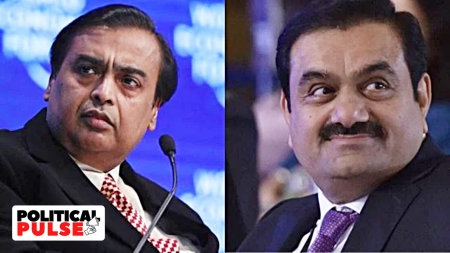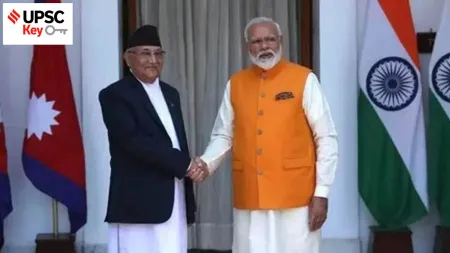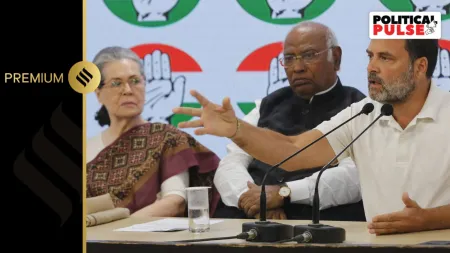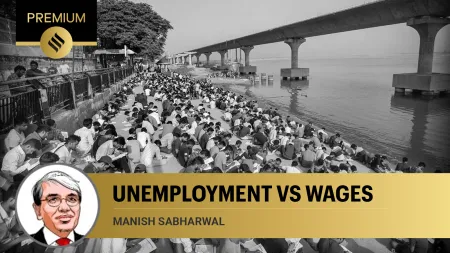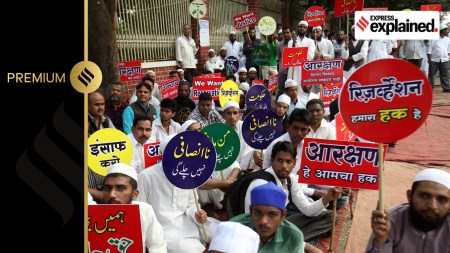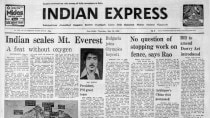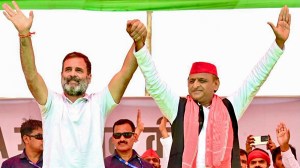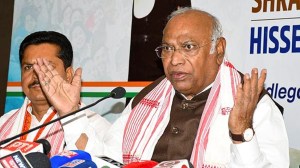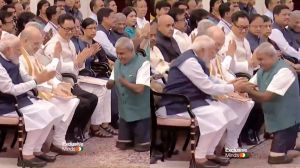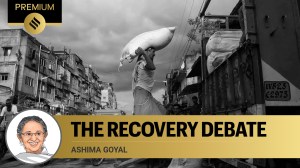- India
- International
Domestic political climate affects external relations. India must recognise this urgently
Some in Delhi might scoff at the notion of recognising external concerns in the conduct of India’s domestic politics. To be sure, the theory is that all states are sovereign and free to do what they want at home and free to conduct foreign policies as they like.
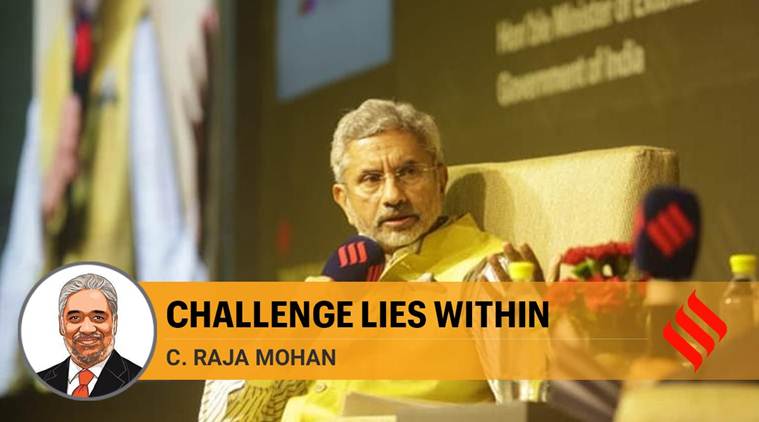 File photo of Foreign Minister S Jaishankar at an event. Nothing draws international attention to a country more than religious conflict. (Express Photo: Praveen Khanna)
File photo of Foreign Minister S Jaishankar at an event. Nothing draws international attention to a country more than religious conflict. (Express Photo: Praveen Khanna)
India will need some decisive domestic course-correction in the new year to prevent the crystallisation of serious external challenges. An India that turns on itself is weaker abroad and invites external meddling. And the combination of internal strife and a faltering economy could turn out to be a dangerous recipe for India’s polity. Internal political accommodation and economic revival hold the key to India’s diplomacy and foreign policy in the coming days.
ALSO READ | No outreach on CAA, foreign diplomats warn: India fast losing friends
In the 21st century, two important factors have boosted India’s international relations. One is India’s rapid economic growth stemming from the reforms of the 1990s. It put India on the course to join the league of major powers. The expanding size of the economy and the attractiveness of its market was reinforced by another important factor.
India’s growing economic weight, many in the world believed, would translate sooner than later into military power and that, in turn, could make Delhi an important player in shaping the regional balance of power in Asia and the Indian Ocean: This would eventually reshape the structure of the international system. The rise of India’s hard power capabilities was complemented by its soft power — defined by India’s democratic values, the spread of Indian culture and the positive influence of its diaspora.
It is easy to underestimate the weight of India’s soft power that is both intangible and difficult to measure. The idea of shared political values with the West played a critical role in ending the decades-old high technology blockade against India and improving the country’s standing in the West. India’s democratic values were of little strategic consequence during the Cold War, but they helped cement India’s strategic partnerships with the US, Europe, Japan and other Asian democracies in the new century.

Besides the question of democracy, India’s ability to live with religious, linguistic and ethnic differences highlighted its political exceptionalism amidst the proliferation of intra-national conflicts and civil wars around the world.
If the economic slowdown and the perceived antipathy to trade might be limiting India’s attractiveness as a commercial partner, the sense of creeping Hindu majoritarianism has begun to generate concern among a range of groups from the liberal international media, the US Congress, to the Islamic world. Meanwhile, the diaspora, once seen as an asset, is now becoming part of Delhi’s foreign policy problem. India’s internal divisions are inevitably transmitted to the diaspora that, in turn, feeds into the emerging negative sentiment towards Delhi.
The sharpening religious divide within the country coupled with the renewed confrontation with Pakistan is generating major headaches for the conduct of India’s external relations. Just when India seemed to be pulling away from Pakistan — in terms of economic performance, internal unity and international salience — and poised for a larger global role, Delhi appears to be sliding back into a regional conflict with Islamabad and, more dangerously, towards a Hindu-Muslim conflict at home.
Some in Delhi might scoff at the notion of recognising external concerns in the conduct of India’s domestic politics. To be sure, the theory is that all states are sovereign and free to do what they want at home and free to conduct foreign policies as they like. The reality, though, is quite different. Through the ages, statesmen have sought ways to manage the complex interdependence between the internal and the external: Those who pretended that there is no relationship between the two had to pay a high price.
For most nations today, domestic economic policy and, increasingly, technology policy are shaped by a dynamic interaction between the internal and external. Few would contest the proposition that absolute economic sovereignty is unsustainable in a globalised world. While one can control the degree of exposure to the world, there is no room for absolute separation.
The same is also true of political sovereignty. It has never been absolute and is always constrained by size, economy, geography, demography and history. There is no country that does not have internal fault lines. Maximising political sovereignty necessarily involves limiting domestic conflict and strengthening internal political coherence.
Statecraft has long recognised the value of taking advantage of others’ internal problems. When a country chooses to inflame the divisions at home, it not only disappoints its friends and well-wishers but also provides huge opportunities for exploitation by its adversaries.
It is not just strong countries that can take advantage of the internal conflicts of others. Russia, for long dismissed in North America and Europe as a declining power, is now being accused of interference in the domestic politics of more powerful Western democracies. Tiny Qatar in the Gulf is charged by many in the Middle East of destabilising other, larger societies, in the region. Beyond governments, old and new media, trans-national groups and non-governmental organisations are quick to highlight internal conflicts in societies and then shape the international narratives on them.
Nothing draws international attention to a country more than religious conflict. This goes back to the dawn of the modern state system. As the European Christendom organised itself into nation-states, the religion of the sovereign and the citizenry were no longer the same. As governments persecuted religious groups within their territories, the demand for their protection from other states who shared the faith of the oppressed began to grow louder. This eventually led to agreed principles among the sovereigns about protecting freedom of religion.
Few countries, however, have had to bear the kind of religious burden that independent India has. The partition of India along religious lines has left Delhi with extraordinary challenges about sustaining religious harmony at home and maintaining reasonable relations with Pakistan and Bangladesh.
All governments in Delhi have struggled to cope with the bitter legacies of Partition. The very nature of these challenges inevitably produced much ambiguity, self-doubt and vacillation in India’s engagement with Pakistan and Bangladesh. It will be a great tragedy if the NDA government’s attempts to answer some of these challenges ends up exacerbating them.
The writer is director, Institute of South Asian Studies, National University of Singapore and contributing editor on international affairs for The Indian Express
EXPRESS OPINION
More Explained
May 10: Latest News
- 01
- 02
- 03
- 04
- 05


